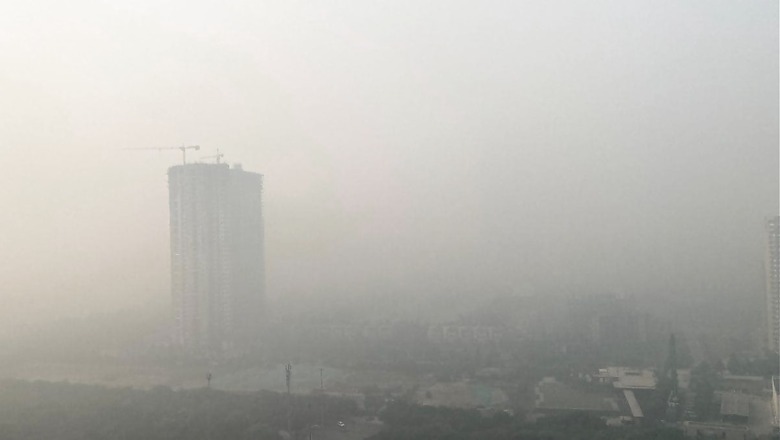
views
The Delhi government on Wednesday said the odd-even car rationing scheme will be implemented in the national capital after the Supreme Court reviews its effectiveness and issues an order.
Addressing a press conference, Environment Minister Gopal Rai said the city government would submit the results of two major studies conducted by the Energy Policy Institute of the University of Chicago and the Delhi Technical University to determine the scheme’s effectiveness for the Supreme Court’s review.
“The decision to implement the odd-even scheme will be made only after the Supreme Court reviews its effectiveness and issues an order,” the minister said, adding that the matter will be next heard on Friday.
On Tuesday, the apex court questioned the effectiveness of the Delhi government’s scheme, aimed at curbing vehicular pollution, and referred to it as “all optics.” Rai had previously announced the flagship scheme, which permits cars to operate on alternate days based on their odd or even number plates, would be enforced between November 13 and November 20.
The Energy Policy Institute at the University of Chicago and the Evidence for Policy Design had analysed the impact of the odd-even system in 2016 and found that Delhi saw a 14-16 per cent reduction in PM2.5 levels during the hours it remained in force in January that year.
However, there was no reduction in pollution when the scheme was brought back in April that year. The entry of app-based taxis into Delhi has also been banned as per the Supreme Court’s order, the minister said.
The minister also said that the Delhi government has issued directives to the Delhi Pollution Control Committee to restart the Connaught Place smog tower at full capacity and release the remaining funds to IIT Kanpur to resume a study to identify different sources of pollution in the capital.
Rai said that a special drive will be conducted to check open burning of waste in Delhi, with 611 teams set up for this purpose.


















Comments
0 comment